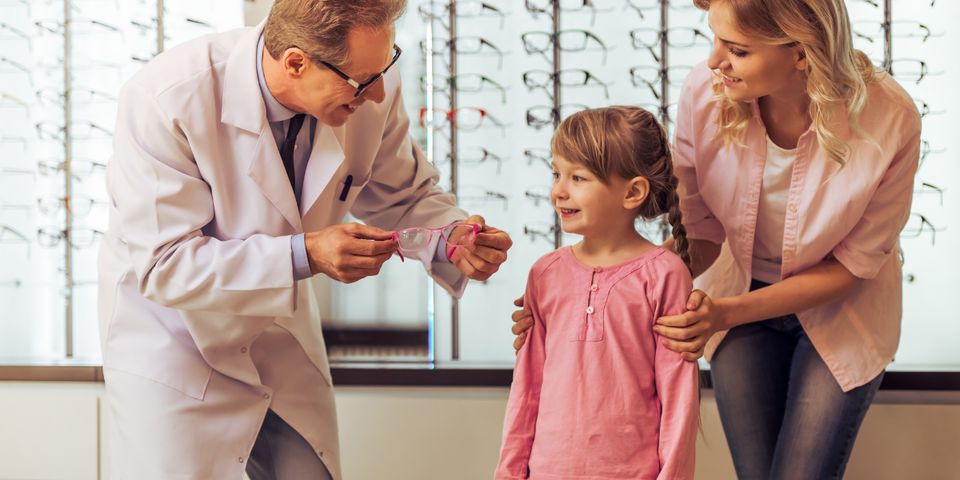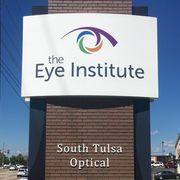A Guide to Binocular Vision Dysfunction

If your child has trouble seeing and experiences symptoms beyond blurred vision, such as dizziness and anxiety, they may have Binocular Vision Dysfunction (BVD). The brain processes one clear image with typical eyesight even though humans have two separate eyes. However, for someone with BVD, the eyes don’t work in sync, and images are perceived as misaligned. As the brain tries to correct this, ocular muscles are strained and cause uncomfortable health issues. Thankfully, vision care can help your young one, and this guide provides more information about the condition.
What Are the Symptoms of BVD?

There are many symptoms associated with Binocular Vision Dysfunction, making it challenging to diagnose, and it’s sometimes mistaken for ADD/ADHD, panic disorders, learning disabilities, and other health and mental conditions. Some signs your child may exhibit include:
- Reading comprehension challenges
- Frequent head tilting
- Motion sickness
- Lack of hand-eye coordination
- Headaches
- Sore eyes
What Causes It?
Facial asymmetry, where one eye is higher than the other, is a significant factor that leads to BVD. The misalignment can be subtle or obvious. Or, your child may have been born with an abnormality affecting their eye muscles or nerves. Brain trauma, such as a concussion or neurological disorder, can also trigger the condition. In each of these cases, the eyes experience excessive pressure trying to process images, worsening symptoms.
How Is It Treated?
There are professional vision care treatments available to alleviate BVD symptoms. Prism lenses are effective because they manipulate light before it reaches the eyes. This helps the image the two eyes see unite as one for the brain to process, improving alignment and reducing ocular strain. The glasses do not cure the condition and must be worn to have aligned eyesight.
Patients can wear the lenses in tandem with vision care therapy. An optician can develop a customized program tailored to your child’s needs to help strengthen the correlation between the brain and eyes. Over time, it can provide relief and reduce or eliminate symptoms.
If you suspect that your child has BVD and needs expert vision care, contact South Tulsa Optical in Oklahoma. They provide state-of-the-art prescription glasses to correct many ocular issues and help patients see more comfortably. Their eyewear is carefully crafted, and the friendly staff is available to answer any questions you may have. For an appointment, call (918) 494-0351 or visit the website for more information.
About the Business
Have a question? Ask the experts!
Send your question

